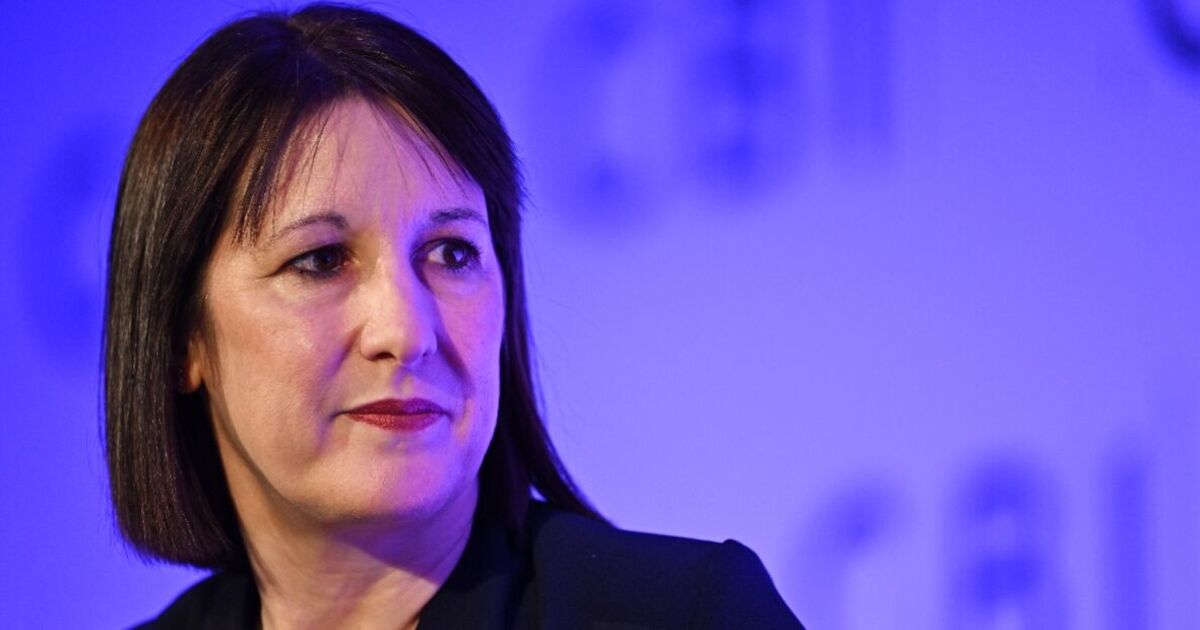Labour to hit 2.5 million people with sneaky tax hike | Personal Finance | Finance
The number of higher-rate taxpayers is set to surge by 2.5 million in 2025-26 as more are dragged into paying more.
Office for Budget Responsibility (OBR) estimates show that seven million will pay 40% tax in the coming tax year, 2.5 million more than if income tax thresholds hadn’t been frozen.
Various tax thresholds were frozen by then-Chancellor Rishi Sunak in April 2022, and the freeze is expected to remain until April 2028.
Branded a “stealth tax”, freezing tax thresholds increases people’s taxable income without rates increasing, thus taking more from taxpayers’ pockets to add to the Government’s coffers.
The OBR forecasts that 3.5 million workers will start to pay income tax in the tax year 2025-26 due to the freeze, with 2.5 million dragged into the higher tax band, which applies to those who earn more than £50,270.
Another 400,000 will start paying the additional rate threshold, which sees 45% paid on earnings above £125,140.
Chancellor Rachel Reeves decided not to unfreeze the thresholds in her maiden Budget. Had she increased them in line with inflation from March 2021, then the personal allowance would rise from £12,570 to £15,540 in April, and the higher rate band would be set at £62,340, OBR figures show.
A spokesman for the Treasury said: “We are committed to keeping taxes low for working people, which is why we protected payslips from tax rises and are not extending the freeze on personal tax thresholds past 2027-28.”
Sarah Coles, Head of Personal Finance at Hargreaves Lansdown, said: “More of us are taxpayers now, and more pay tax at higher rates. Gone are the days when being a higher-rate taxpayer was the preserve of the very wealthy – now, around a fifth of taxpayers pay higher or additional rates.
“Between us, we’re paying billions more in tax than we did this time last year, and it’s only going to get worse because those tax thresholds have been frozen until April 2028. It means the idea of generating a tax-free income has become even more attractive.”
Meanwhile, Prime Minister Sir Keir Starmer insisted in the Commons on Wednesday that the Government can’t tax its way out of the problems it faces.
He also strongly supported Ms Reeves after doubts were raised over whether her future in Number 11 is guaranteed amid high Government borrowing costs.
Sir Keir sought to dampen talk of an emergency Budget after Conservative Party leader Kemi Badenoch questioned if one was expected.
The PM defended the Budget, adding: “When it comes to tax, [Mrs Badenoch] knows very well the limits of what I can say from this despatch box, but we have an ironclad commitment to our fiscal rules.
“We can’t just tax our way out of the problems that they (the Conservatives) left us, which is why we put in place tough… spending decisions. They wouldn’t take them, and we’ll stick to those spending decisions and our focus is absolutely on growth.”

